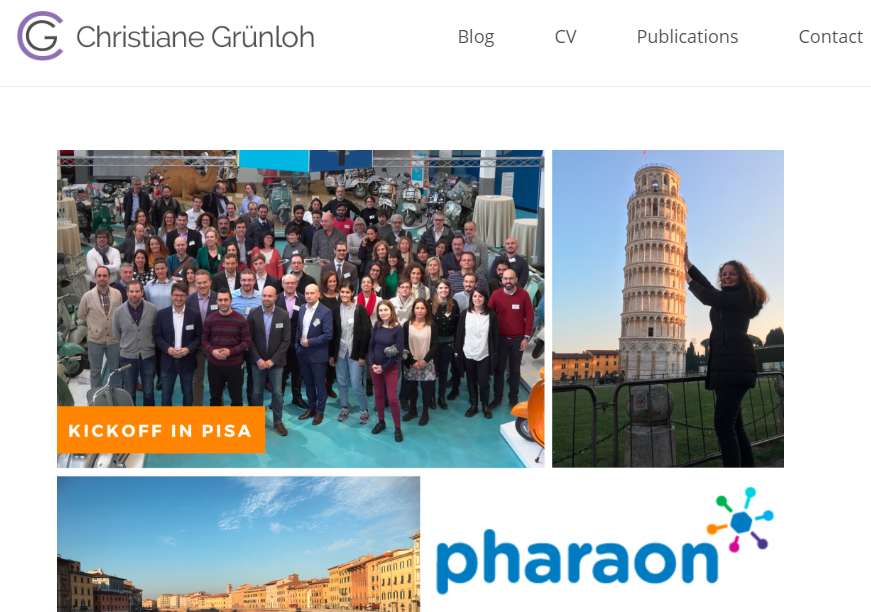
20 Mar Pharaon – Pilots for Active and Healthy Ageing (christianegruenloh.com, EN)
Last October I started my new job as senior researcher at Roessingh Research & Development. RRD is a research and development SME in the area of rehabilitation technology and telemedicine and involved in various national and European projects. As I plan to write about the research activities I am involved in, I will first introduce the projects in a series of blog posts. The first post is about Pharaon project, which is funded under the Horizon 2020 research and innovation programme (grant agreement No 857188).

